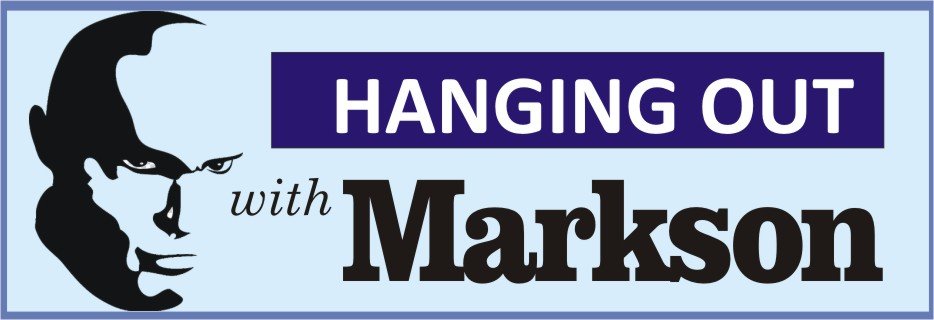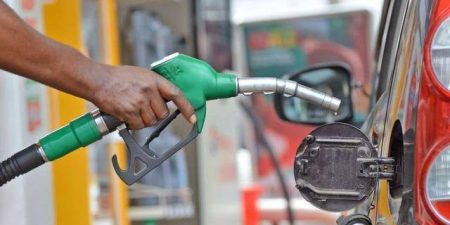 Port Harcourt — My beloved city – the port of Harcourt, the Garden City, the Oil City, the once bustling metropolis where dreams were birthed is now shrouded in a cloud of black soot that looks set to get darker, if not checked. I travelled and returned to the Rivers State capital in six weeks and met a show of soot in my house. The beddings and bathroom tiles were bathed in soot; I could write a letter in the ash that settled on the car and the drain paths from my roof showed where the soot, mixed in rainwater, flowed down to the interlocked compound in deep black trails. I shook my head in disbelief as the soot matter came alive in a manner that I could no longer ignore its presence or the problem it represented. Yet, this was just what I saw. I shuddered when I imagined the unseen part – the amount of soot that travels through my nostrils every second, lodging in the inner recesses of my respiratory system and patiently waiting to announce their presence in a doctor’s waiting room.
Port Harcourt — My beloved city – the port of Harcourt, the Garden City, the Oil City, the once bustling metropolis where dreams were birthed is now shrouded in a cloud of black soot that looks set to get darker, if not checked. I travelled and returned to the Rivers State capital in six weeks and met a show of soot in my house. The beddings and bathroom tiles were bathed in soot; I could write a letter in the ash that settled on the car and the drain paths from my roof showed where the soot, mixed in rainwater, flowed down to the interlocked compound in deep black trails. I shook my head in disbelief as the soot matter came alive in a manner that I could no longer ignore its presence or the problem it represented. Yet, this was just what I saw. I shuddered when I imagined the unseen part – the amount of soot that travels through my nostrils every second, lodging in the inner recesses of my respiratory system and patiently waiting to announce their presence in a doctor’s waiting room.
This has been the grim lot of Garden City residents since 2016 when the soot was first noticed in our beloved capital. Mark my words “first noticed;” meaning it could have been around earlier than we realised. The soot is now the main air pollutant in the city. A study carried by a team of researchers based in the United States and the United Nations Environment Programme (UNEP) found that “air pollution was responsible for 1.1 million deaths across Africa in 2019, with increased outdoor air pollution claiming 394,000 lives (36%).” We do not know how much the soot problem in Port Harcourt contributed and continues to contribute to this worrying fatality rate. In April 2019, a technical team set up by the Rivers State Government on soot revealed that about 22,077 persons in the city had suffered from respiratory related ailments in the last five years. All indications point to a major environmental and health pandemic in Port Harcourt where every breath is a step to an early grave.
Stakeholders agree that the black soot is from indiscriminate and incessant illegal artisanal oil refining activities in the creeks of the Niger Delta, perpetrated by people who have tread on the pathway of this crime so long that they cannot contemplate tracing their steps back. Breaking into pipelines to steal crude oil, these ‘refiners” set up huge boiling points to “refine” the product into petrol, diesel and kerosene. In their crude imitation of a typical refining operation, they spill crude into the environment and ignite huge plumes of smoke into the atmosphere, making the Niger Delta region look like one big cauldron. Apart from initial noises made by government, nothing concrete has been done to check these illegal operations, and the soot problem seems to be accepted as part of the normal experience of city dwellers.
This was until Governor Nyesom Wike delivered a fiery state-wide broadcast on January 1, 2022, accusing “security agencies of aiding, abetting and protecting illegal refineries in Rivers State.” The Governor said his administration had requested the Federal Government to intervene and stop illegal oil bunkering and artisanal crude oil refiners in the state,” but it had “remained inexplicably silent over our request and even complicit to a large extent with the security agencies actively aiding, encouraging and protecting the artisanal refiners to continue with their harmful activities unabated.”
Governor Wike made another broadcast nine days later, declaring “19 illegal oil refinery kingpins” in Rivers State wanted. He said: “We have also identified those behind illegal bunkering activities in Okrika communities, Port Harcourt township, Rivers South-East and Rivers South-West Senatorial districts and their names would soon be published and declared wanted, if they fail to report to the police.” I don’t know whether these steps will make me breathe better in Port Harcourt, but they take the fight against the black soot to a new level. First, this is a law-and-order matter, and the government must take the lead. They should confront the illegal operators and also work to deny them the enjoyment of their loot which they got at the corporate good. But there is also a carrot side to this matter. The Federal Ministry of Environment has hinted of the need to set up modular refineries where the activities of these operator can be better managed and regulated. I’m ashamed to admit that, despite the harmful activities of these illegal refiners, they fill a gap in the demand for petroleum products. The simple law of demand-and-supply means that the illegal operators will quickly fizzle out if their products are not bought. This is where the idea of modular refineries can work, as it will make available petroleum products in parts of the Niger Delta too remote for city-based operators to access. As I wait for the skies over Port Harcourt to clear (don’t really know how and when) I have decided to adopt the myriad of anecdotal solutions that have descended on my social media platforms. I wear masks, shower more often, wash hands, reduce outdoor exposure, shut windows and doors, clean surfaces regularly and, ah yes, wash (or pay for the washing) of the car every other day. I pray it doesn’t get to the point I will be asked to stop breathing in Port Harcourt!



